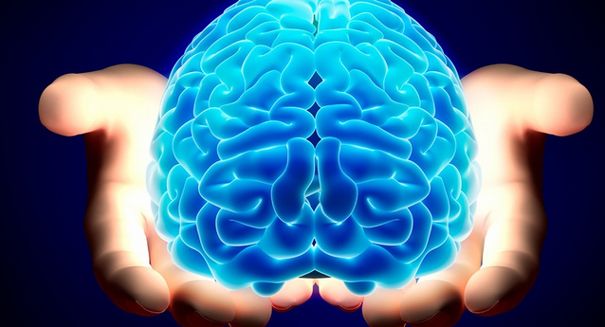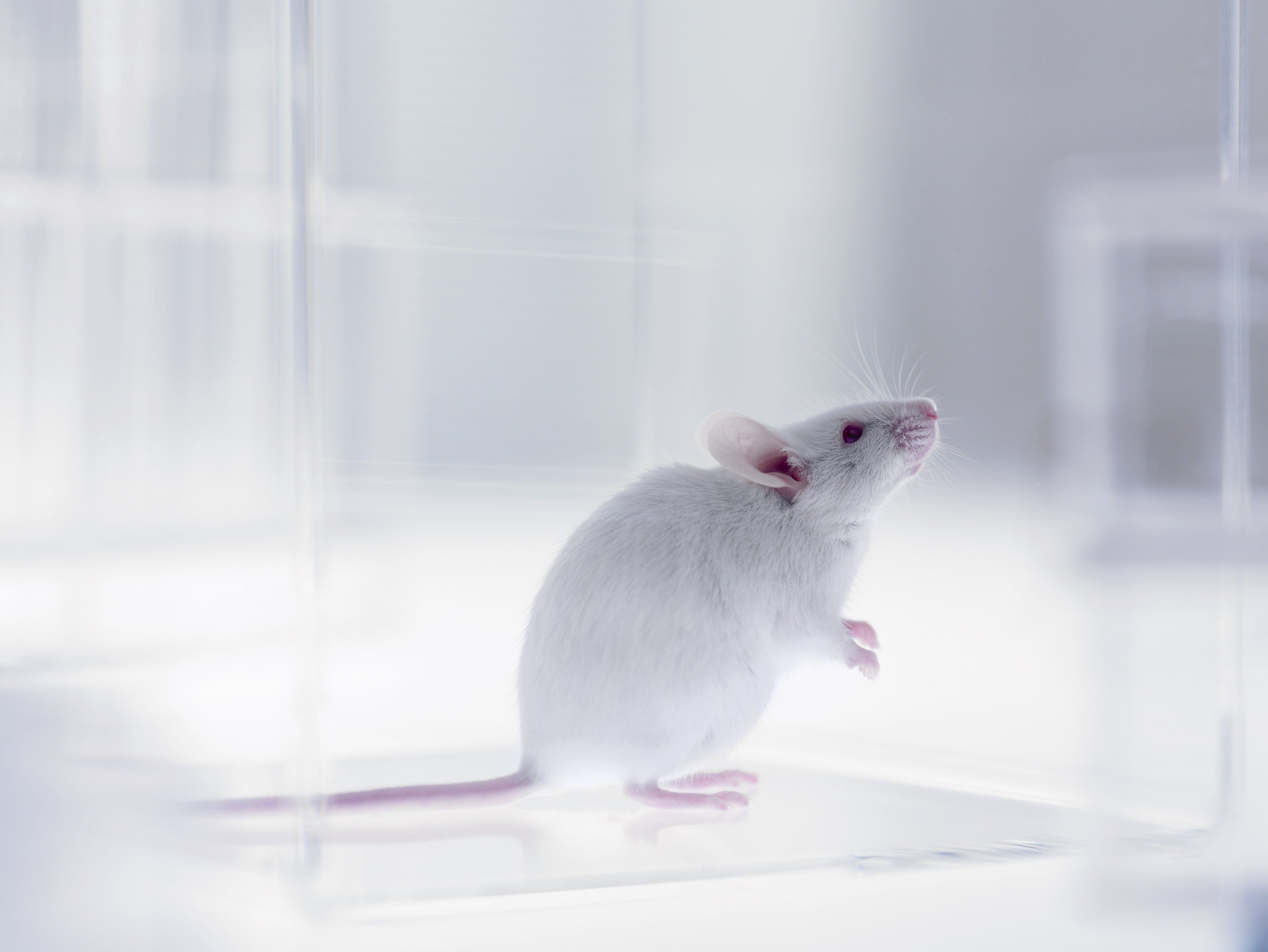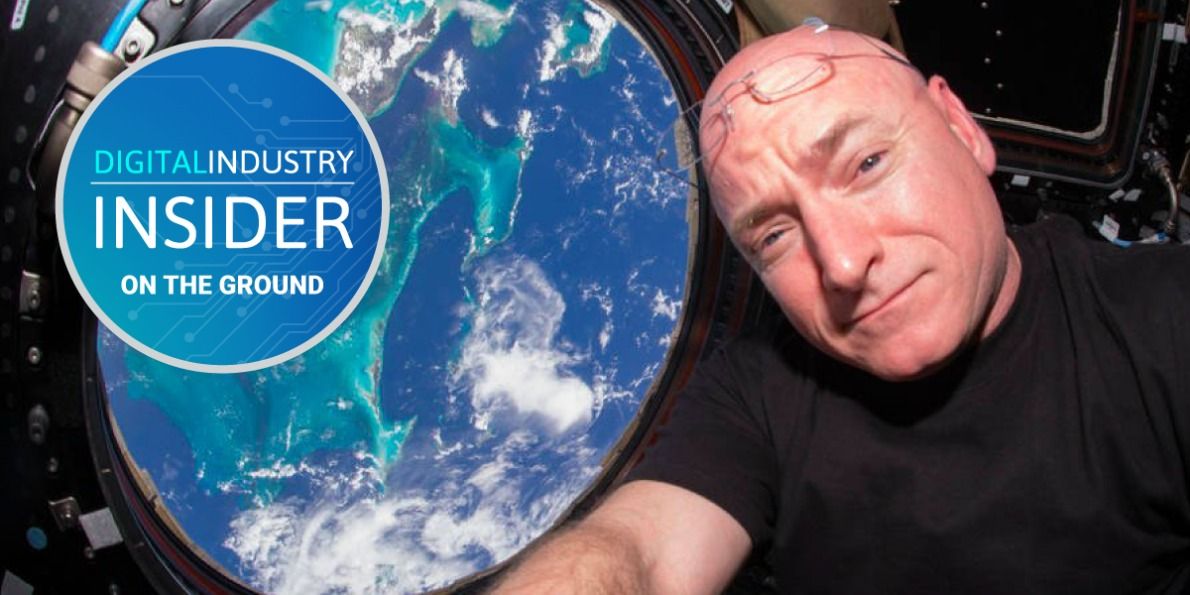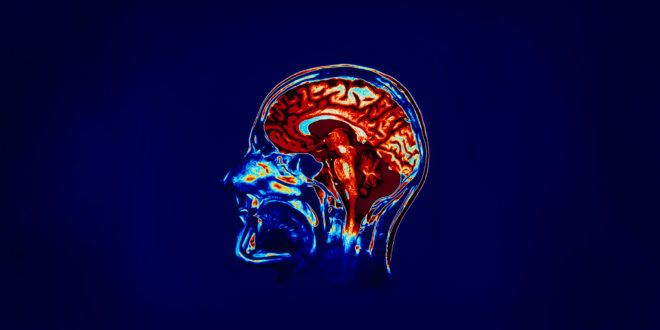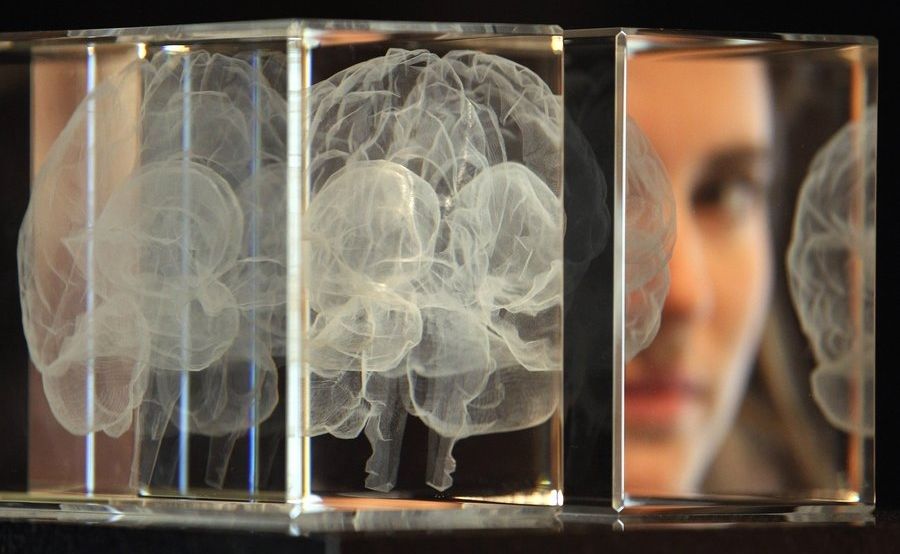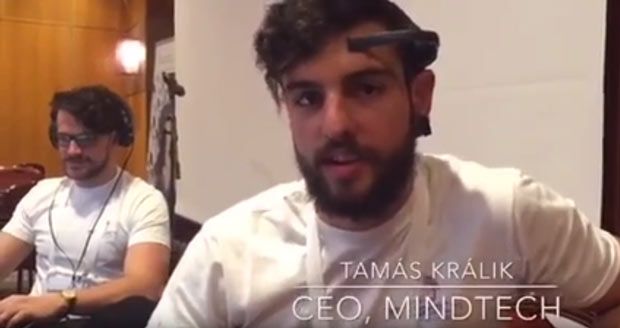A huge discovery has just been made about Parkinson’s disease that scientists may have been looking for answers in the wrong place all along. Scientists have found that there is a strong correlation between symptoms of Parkinson’s and bacteria in the gut, not the brain, based on examinations of mice.
Parkinson’s disease is the second most common debilitating brain disorder in the world after Alzheimer’s. It is a neurodegenerative disease that involves a type of protein that builds up around brain cells and then causes the patient to lose motor function. Naturally, scientists had been looking at the brain for answers in dealing with it, but a new study finds that perhaps the answer was in the gut bacteria all along, according to an Axial Biotherapeutics statement.
The finding could lead to a new generation of probiotics that are far more sophisticated than typical brands currently available to the public.
